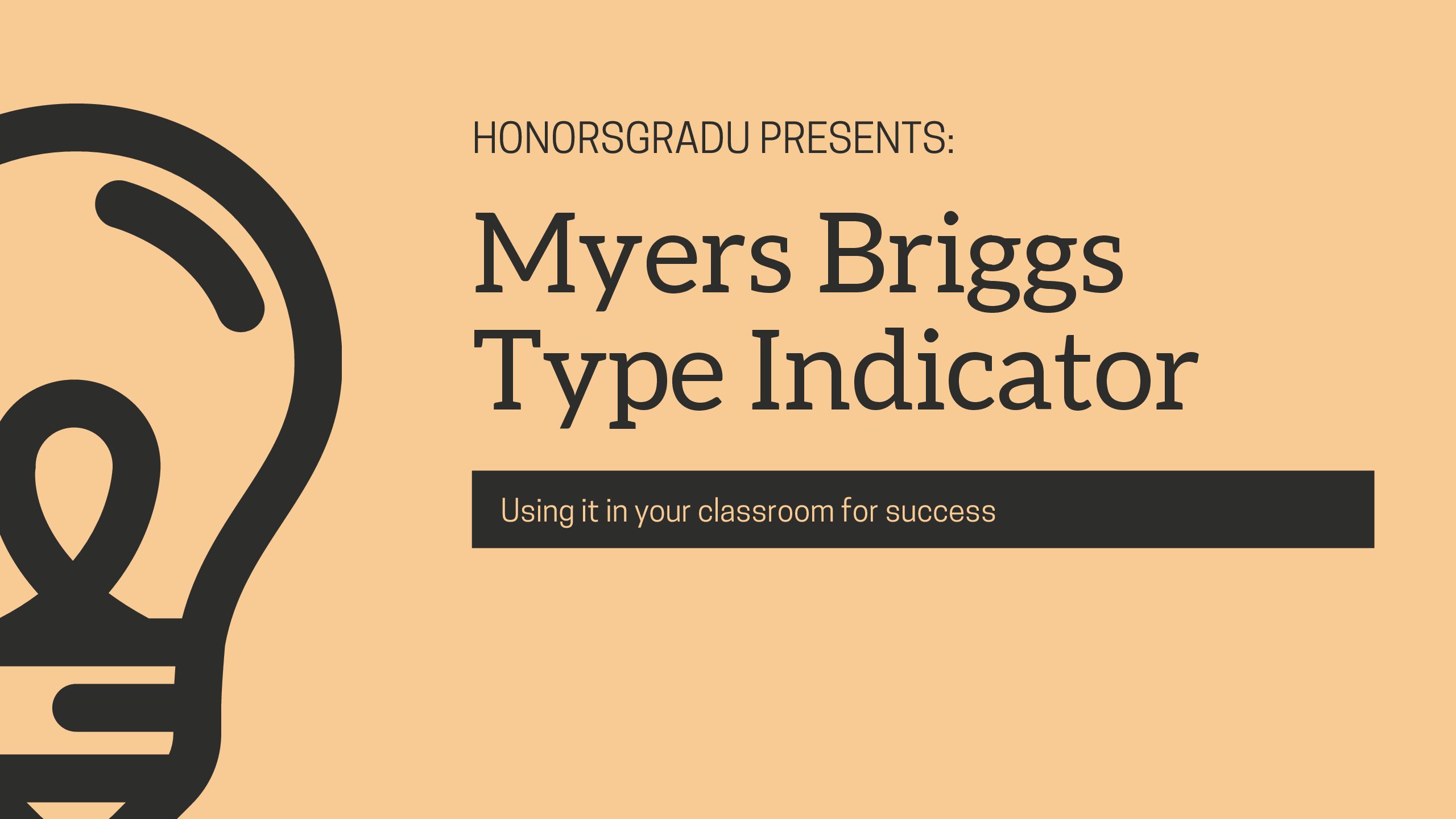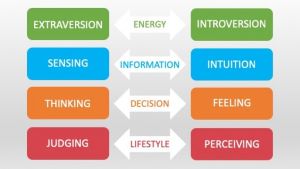Let’s talk about private schools. First, what is a private school? These schools, unlike public and charter, are not funded by the government. They are independently funded, usually on tuition fees and donations from sponsors.
Here are some facts:
Private schools can have different purposes behind them. Such as a Montessori school, religion-specific school, a boarding school for arts or sports, a language immersion school, or a special education school.
Since private schools do not have the same regulations under the government as public schools, their curriculum is able to be spread how and where they want. This can mean they may lack instruction in certain areas, or excel and go beyond the curriculum in other areas.
Teachers in a private school are still held to the standard of teaching certification and background check, just like a private school. It’s common for some private schools to require higher education in their teachers, or specific training in the subject matter.
Private schools do not have geographic boundaries like public schools, so often times private schools will have kids attending from many different towns in the area.
Bus systems for children attending private schools are not guaranteed, therefore committing to a private school may mean committing to a commute every day to get your child to school.
Because private schools are funded on tuition, which is an amount they set themselves, they can have more resources for the students as far as technology, special education materials, and more.
So how do you know if a private school is for you? It’s a very personal decision! Some of these facts could be a pro for one family, while it could be a con for another family. The best way is to make an informed decision and research different types of schools to see which would be the best fit for your family!
Has your family chosen a private school for your kids? How did you come to the decision that it was best for them?










